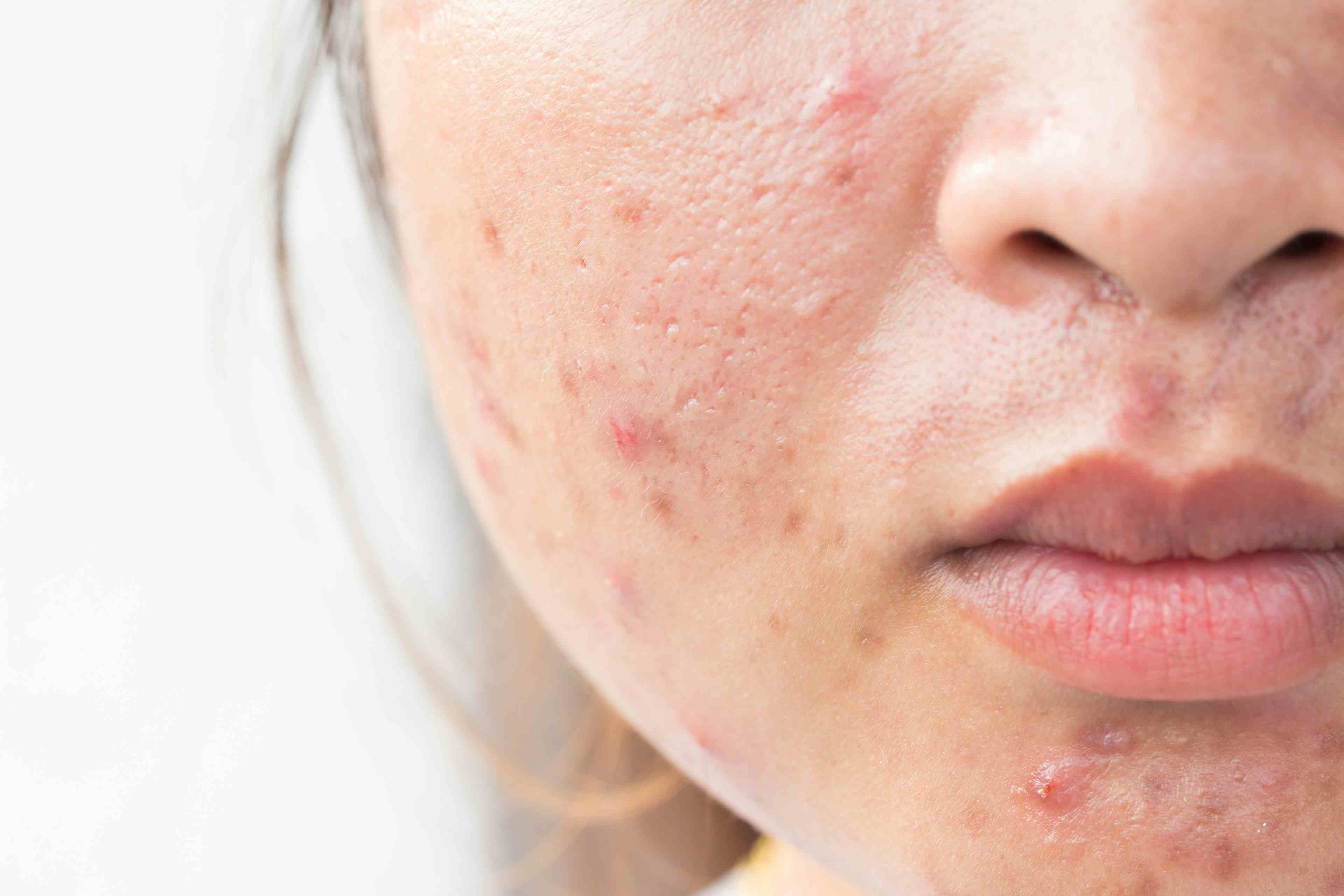- Acne
- Actinic Keratosis
- Aesthetics
- Alopecia
- Atopic Dermatitis
- Buy-and-Bill
- COVID-19
- Case-Based Roundtable
- Chronic Hand Eczema
- Chronic Spontaneous Urticaria
- Drug Watch
- Eczema
- General Dermatology
- Hidradenitis Suppurativa
- Melasma
- NP and PA
- Pediatric Dermatology
- Pigmentary Disorders
- Practice Management
- Precision Medicine and Biologics
- Prurigo Nodularis
- Psoriasis
- Psoriatic Arthritis
- Rare Disease
- Rosacea
- Skin Cancer
- Vitiligo
- Wound Care
Article
Topical steroids still best for treatment of intertriginous psoriasis
Bochum, Germany - Results of a study conducted by researchers at Ruhr University here suggest that an anti-inflammatory drug may help in treating intertriginous psoriasis.
Bochum, Germany - Results of a study conducted by researchers at Ruhr University here suggest that an anti-inflammatory drug may help in treating intertriginous psoriasis.
The research team studied the effects of four treatments - 1 percent pimecrolimus, 0.005 percent calcipotriol, 0.1 percent betamethasone and a placebo cream - on 80 patients diagnosed with intertriginous psoriasis. The disease typically is treated with topical corticosteroids, which can have adverse effects when used for long periods of time.
According to the study, four weeks of treatment with all four creams - including the placebo - resulted in significant decreases in the severity of the psoriasis.
The 0.1 percent betamethasone was significantly more effective than the 1 percent pimecrolimus. The study noted an increase in itching and burning shortly after application of the pimecrolimus, but that these reactions lasted less than 30 minutes and resolved in a few days.
The study concludes that since betamethasone was more effective than pimecrolimus, topical corticosteroids are still the most effective treatment for intertriginous psoriasis. The study adds, however, that a short-term application of topical steroids followed by treatment with a less potent agent - such as pimecrolimus or calcipotriol - may help avoid the long-term effects of corticosteroid use.
The study was supported by a grant from Novartis Pharma GmbH, maker of pimecrolimus, and was reported in the September issue of the Archives of Dermatology.
Newsletter
Like what you’re reading? Subscribe to Dermatology Times for weekly updates on therapies, innovations, and real-world practice tips.
















